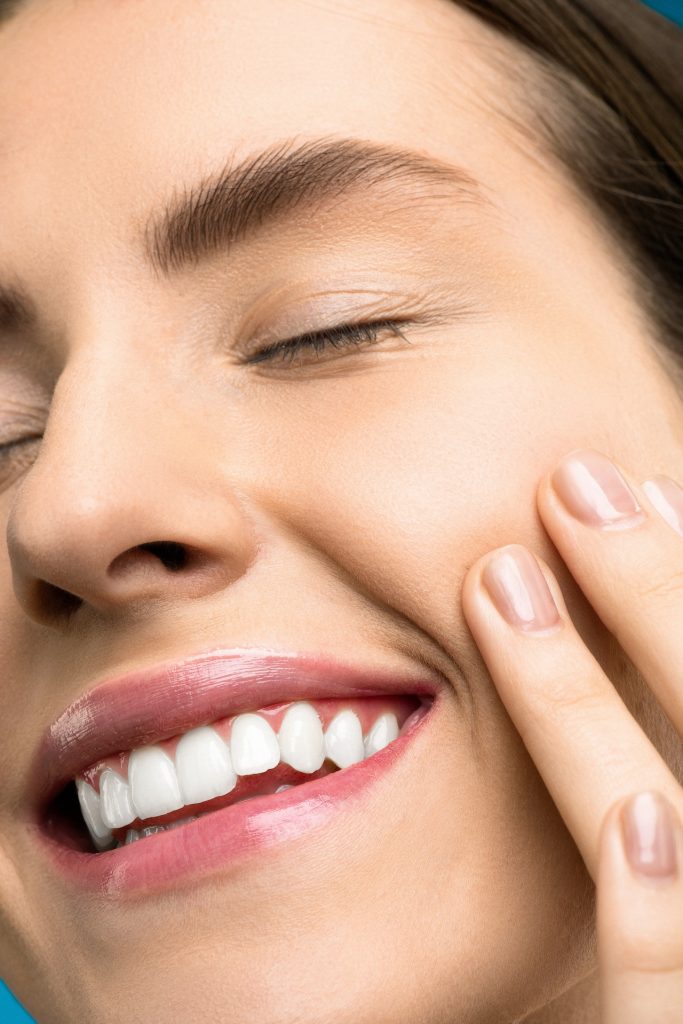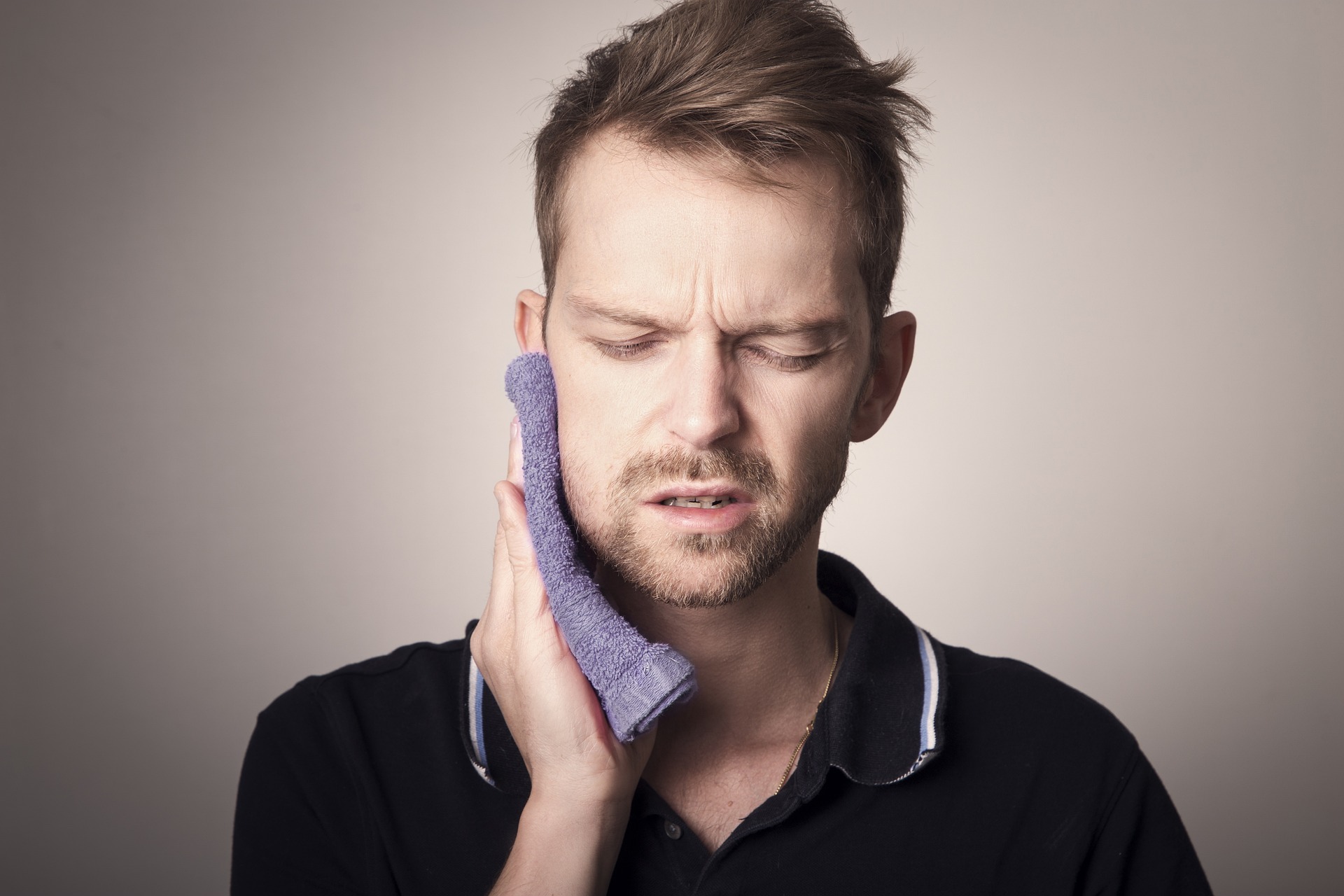Here are 5 signs that you may be experiencing a dental emergency:
- Severe tooth pain or sensitivity: If you are experiencing sudden and intense tooth pain, it could be a sign of an abscess, a cracked tooth, or a damaged filling.
- Swelling: Swelling in the mouth, face, or cheek can indicate a dental infection and should be treated immediately.
- Bleeding: If you are experiencing unexplained bleeding in the mouth, it may be a sign of a gum infection or a tooth injury.
- Broken or lost tooth: If you have broken or lost a tooth, it is important to seek dental care as soon as possible to determine the best course of treatment and minimize the risk of further damage.
- Jaw pain: Pain or discomfort in the jaw, particularly when opening or closing the mouth, can be a sign of temporomandibular joint (TMJ) disorder or other dental problems.
If you are experiencing any of these symptoms, it is important to see a dentist as soon as possible to get prompt and effective treatment.
Brand New Probiotics Specially Designed For The Health Of Your Teeth And Gums

Dental Care: Why It’s Important for Your Overall Health
Taking care of your teeth and gums is crucial for not only maintaining a healthy smile, but also for ensuring overall health and well-being. Neglecting dental care can lead to a variety of serious oral health problems, including tooth decay, gum disease, and oral infections.
Here are some key steps for maintaining good dental health:
- Brush and floss regularly: Brushing your teeth twice a day and flossing daily are essential for removing plaque and food particles from your teeth and gums. Using a fluoride toothpaste and mouthwash can also help to strengthen your teeth and prevent decay.
- Visit your dentist regularly: Regular dental checkups and cleanings are important for identifying and treating any oral health problems before they become serious. During these visits, your dentist will check for signs of cavities, gum disease, and other oral health issues, and will provide a thorough cleaning to remove plaque and tartar.
- Watch your diet: The foods and drinks you consume can have a significant impact on your oral health. Limiting sugary and acidic foods and drinks, and incorporating plenty of fruits, vegetables, and calcium-rich foods into your diet can help to keep your teeth and gums healthy.
- Avoid tobacco and excessive alcohol: Both tobacco and excessive alcohol use can increase the risk of oral health problems, including gum disease and oral cancer. If you use tobacco or drink alcohol, it is important to talk to your dentist about ways to reduce these risks.
- Practice good oral hygiene: Good oral hygiene habits, such as brushing, flossing, and using mouthwash, are essential for preventing oral health problems. Additionally, avoiding habits such as biting your nails or grinding your teeth can also help to protect your teeth and gums.
In conclusion, taking care of your dental health is important for maintaining a healthy smile and overall well-being. By following these simple steps, you can keep your teeth and gums in great shape for years to come. If you have any questions or concerns about your oral health, don’t hesitate to talk to your dentist. They are your best resource for getting the information and care you need to maintain a healthy smile.
Top Social Media Groups Every Marketer Should Join Check Now
